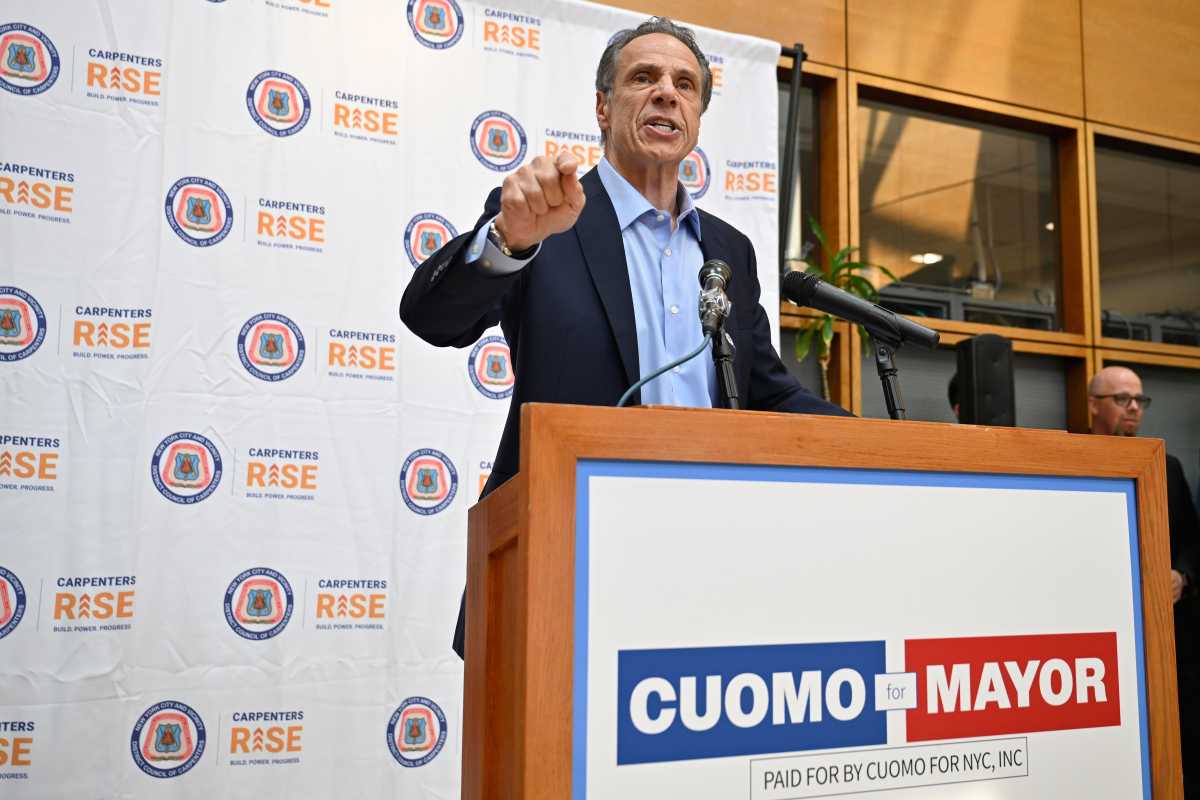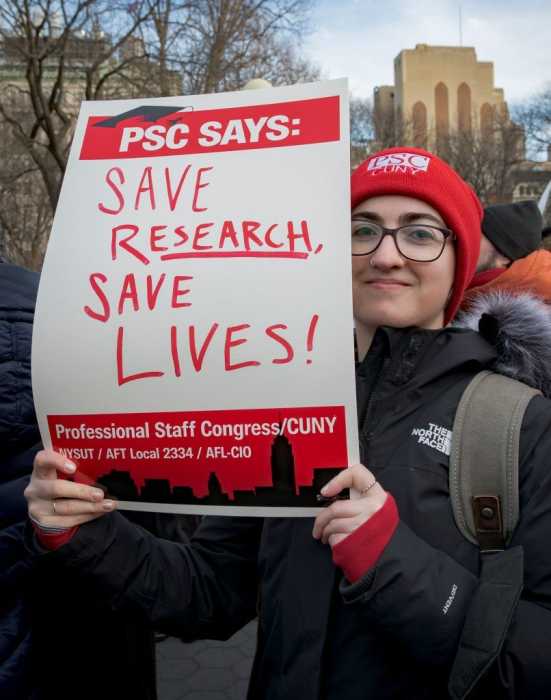Historically, new immigrants and their communities have faced barriers in securing financing through mainstream financial institutions. Some communities overcame racial and linguistic barriers by relying on fraternal and cultural organizations and tools such as rotating credit in order to open small businesses and establish immigrant neighborhoods.
The Northwest Queens Financial Education Network conducted a study consisting of 253 surveys to track barriers to financial empowerment for immigrants in northwest Queens, nominally neighborhoods from Corona to Long Island City. Network members include the Jackson Heights-based Chhaya Community Development Corporation, the Queens Community House, the Community Development Project and the New Immigrant Community Empowerment.
NQFE compiled its findings into a report which noted the patterns of savings, relationships with financial institutions and the roles that community-based organizations play in encouraging conventional forms of savings. The administered survey was translated into Spanish, as well as several South Asian languages – Nepali, Bangla and Tibetan. Some 51 percent of respondents answered the survey in Spanish and the top two countries of birth for respondents were Ecuador and Mexico. Bangladeshi immigrants represented the third largest population surveyed, at 16 percent. Just 10 percent of respondents indicated they were out of work.
The report makes the case that involvement in mainstream financial institutions is necessary for new immigrants to save for college, buy a home and save for retirement, all of which are critical for long-term economic stability. The report also notes the high rate of poverty in the foreign-born population of these neighborhoods, underscoring the need to enable economic security through involvement in the financial system.
As the report notes, recent immigrants “do not trust mainstream financial institutions” due to language barriers as well as a lack of services tailored to their communities. Paradoxically, a fear of excessive fees and other hidden costs at conventional institutions, the report notes, leads immigrants to use predatory and exploitive “fringe financial services” based in their communities. Indicating a normalizing of this practice, over half of the respondents to this survey have been in the United States for longer than ten years and 36 percent are U.S. citizens, pointing to the staying power of informal and fringe institutions in the absence of culturally competent financial services.
Even while lacking access to mainstream financial services, survey respondents reported a high rate of saving, with nine out of 10 respondent indicating they set aside money on a monthly basis and three out of four setting aside money for future needs. While many of the survey respondents reported having a bank account at one time, nearly half had closed their accounts, citing hidden or excessive fees or a lack of services in their language. Queens’ small but rapidly growing Nepali and Tibetan communities faced the greatest difficultly, with 70 percent noting they could not find banking services accessible to their language.
Conversely, 90 percent of Spanish speakers could find banking services in Spanish, yet just four out of 10 respondents lacked a bank account, reflecting a hesitance to use conventional institutions. Ultimately, a lack of trust and understanding of banking leads immigrants to use services in their communities they feel they can trust. This includes highly predatory check- cashing establishments, as well as remittance agencies. While considered fringe to society at large, these institutions may be mainstream in those communities.
The report concludes with recommendations for the city to work with community-based organizations to provide outreach education in these neighborhoods, as well as more closely regulate fringe financial institutions by making consumers aware of their rights when using these services. There is also the recommendation that banking institutions in the area adopt wide-ranging cultural competency to the breadth of the services provided in order serve its community better.
Lastly, the report recommends that the city assist in setting up a community development credit union in northwest Queens, as well as encouraging area banks to accept IDNYC municipal card as a primary form of identification to open a bank account.
Enfranchising immigrants into the conventional finance and banking infrastructure is a critical means of inclusion and stabilizing neighborhoods. Predatory lending and other forms of financial exploitation have hounded immigrants in Queens for decades, inhibiting the growth of businesses and sinking the most vulnerable in debt to exploitive institutions. Widespread adoption of culturally competent standards would aid in enabling Spanish-speaking immigrants to trust the financial system, as well as help the most economically disadvantaged Asian Americans




































